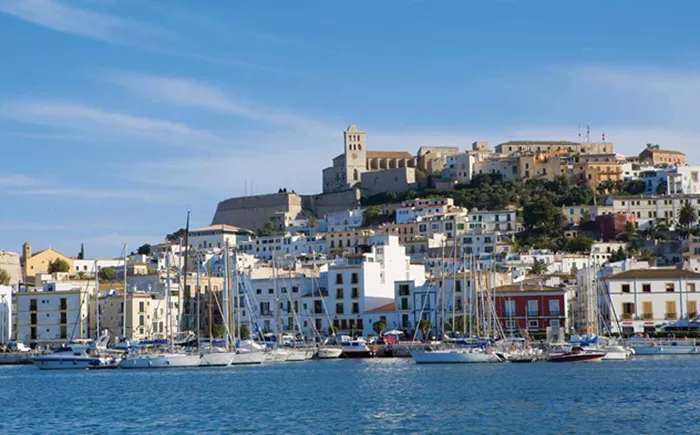British holidaymakers planning two-week stays in Majorca this summer are being warned to budget for a potential additional cost of up to £70 due to a significant rise in the island’s Sustainable Tourism Tax.
The Balearic Island’s government has confirmed that the environmental levy — aimed at curbing the effects of mass tourism — will increase during peak season. The nightly charge for tourists staying in hotels will rise to €6 (approximately £5), resulting in a total of €56 (about £48) per person over a 14-night period. For couples, the total could exceed £95.
The Sustainable Tourism Tax, first introduced in 2016, is designed to fund environmental and infrastructure projects across the Balearic Islands, which include Majorca, Menorca, and Ibiza. Regional authorities have cited mounting pressure on local services and growing discontent among residents as primary drivers of the increased rates.
The tax increase will apply from March through December and is structured in four tiers, depending on the type and rating of accommodation. Cruise ship passengers are also subject to the charge, with fees during the high season (June, July, and August) tripling from €2 to €6 per night.
Proposed amendments, including this increase, still require final approval from the Balearic Parliament. If passed, the changes could generate millions in additional revenue, earmarked for sustainability initiatives — although some of the funds are expected to be used for local enforcement operations, such as cracking down on illegal alcohol sales.
Resident Backlash and Tourism Concerns
Local frustration over the volume of visitors has become increasingly visible in recent years. In 2024, tourists in Majorca were met by protesters carrying placards urging them to “go home.” Activists argue that the island’s infrastructure cannot withstand the current levels of tourism and have called for further restrictions.
In response, the government introduced a broader set of tourism containment measures earlier this year, including a review of accommodation licensing and new restrictions on short-term holiday lets.
Writing for the Majorca Daily Bulletin, columnist Andrew Ede noted the growing tension between tourism revenue and local quality of life. “If I were a quality tourist staying in a Pollensa villa with high spending power… I think I’d be a bit brassed off,” Ede wrote, referencing how the increased levy could alienate higher-spending visitors.
UK Tourists Advised to Review Travel Budgets
With the average family holiday already straining many household budgets, travel experts are advising UK tourists to factor in the eco-tax increase when booking trips to the Balearic Islands. A two-week summer stay could now carry a supplementary cost that was previously unaccounted for, particularly for larger groups.
The tourism tax is not new, but its sharp increase during high season has caught many travellers by surprise. Some British tourists have reportedly reconsidered plans for holidays in Majorca, opting instead for destinations viewed as more “welcoming” or affordable.
Despite the backlash, the Balearic government maintains that the tax is essential to preserving the region’s environment and cultural heritage in the face of rising visitor numbers.

